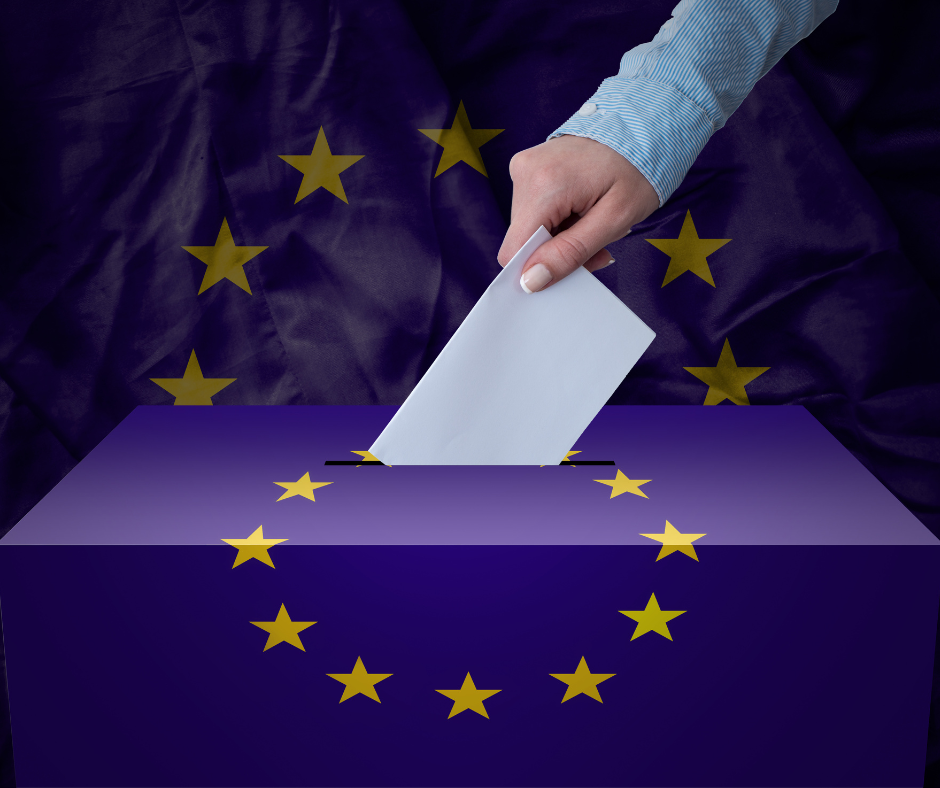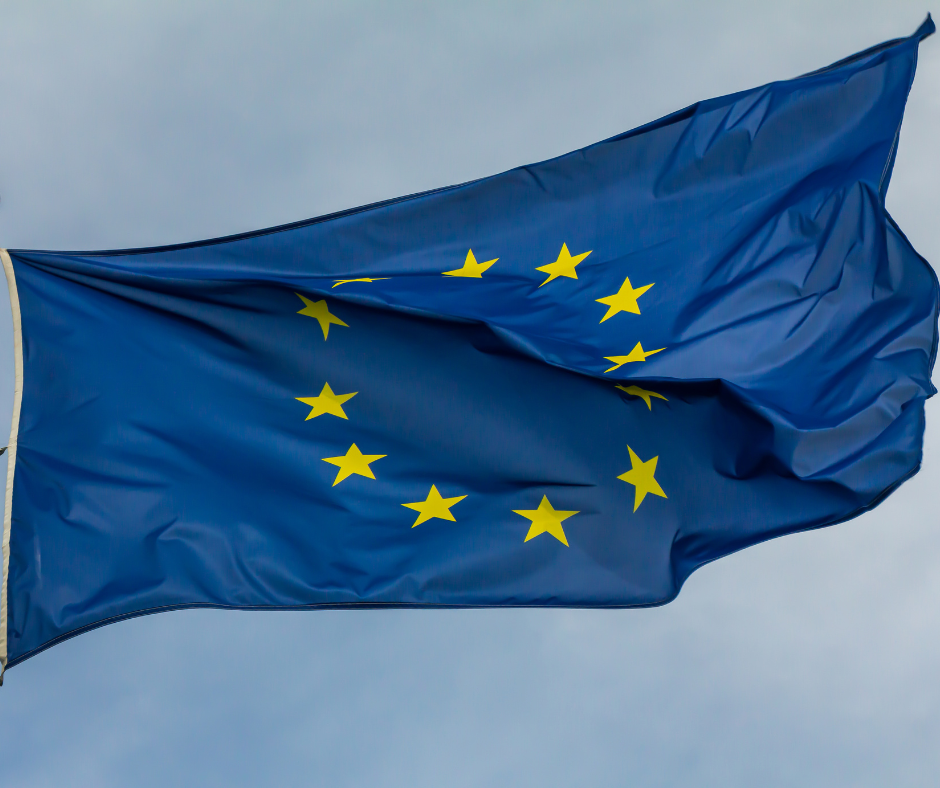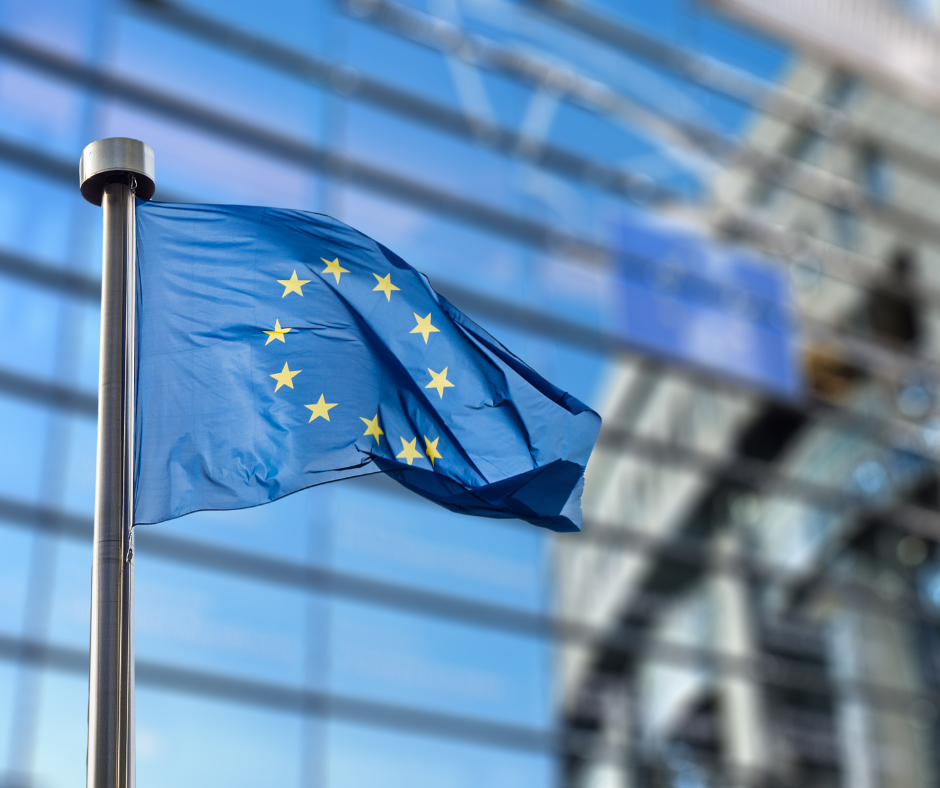Our Government affairs manager, Zoltan Kesz, conducted an interview with a candidate for the European Parliament from Germany’s Free Democratic Party. The discussion aimed to gain insights into their views on the future of Europe, the approaches they suggest for tackling current challenges, and their stance on key policy matters.
What are the biggest challenges the EU is currently facing?
“When it comes to key foreign and security policy challenges such as support for Ukraine and Israel, the European Union does not speak with one voice. Democracy and the rule of law are under increasing pressure across Europe. Radical parties are widely represented in national parliaments and are in some cases on the rise. Citizens in the EU are burdened by temporarily high inflation, and public budgets are burdened by higher interest rates and growing expenditure. Medium-sized businesses and industry are struggling with interrupted supply chains, rising raw material prices and an entrenched shortage of skilled workers – also due to demographic reasons. The energy supply in the European Union is like a patchwork quilt and is therefore neither crisis-proof nor efficient. When it comes to cutting-edge technologies that are necessary for quickly overcoming crises and for a sovereign and future-proof EU, Europe lags in international competition. In addition to these national and European challenges, there are global ones: the fight against irregular migration and smuggler gangs, the fight against global warming, system competition with autocracies and dictatorships and the defense against cyber attacks.”
What is your vision of Europe in the coming decade?
“First: Europe must become simpler. For us, this also includes strengthening the principle of subsidiarity. People should not associate the EU with over-regulation or bans, but with simple, quick and understandable solutions to the problems of our time.
Second: Europe must become stronger. Citizens must be convinced that Europe’s borders are secure, irregular migration is strictly prevented, people who are required to leave the country are quickly repatriated, the rule of law is consistently enforced everywhere in Europe and a powerful European army is there to protect people and the people in the event of a military emergency European interests ready for action.
Third: Europe must become a market economy. Our economic strength is the decisive factor in systemic competition with other regions of the world.“
How do you see the role of AI in the near future? What do you think of regulating it?
“I want to make the EU a hotspot for artificial intelligence that serves people’s life chances instead of disempowering them. That’s why I reject both desires for surveillance and overregulation fantasies. I am committed to unbureaucratic and practical implementation of the European AI regulation that enables innovations and protects civil rights. I plead for a fair use principle based on the American model for AI training data. I want to strengthen the competitiveness of the European AI economy and enable modern monetization models for rights holders. I also want to use the opportunities offered by artificial intelligence (AI) in education. AI applications can support individual learning of students through tailor-made learning materials. AI also offers the opportunity to relieve the burden on teachers. Students should be taught how to use artificial intelligence competently as early as possible in order to prepare them for a working world that is increasingly influenced by AI.”
How does Europe benefit from free trade agreements?
“The EU would benefit from the Economic growth, the exchange of technologies and innovations between the contracting parties and the strengthened diplomatic relations. Consumers would benefit from free trade agreements too since trade agreements expand the choice of products and services for consumers and they reduce the consumer prices by eliminating or reducing tariffs and trade barrier. Growth in trade can also create jobs in export-oriented industries like Germany.“
Many politicians talk about energy diversification. What is the ideal solution, in your
opinion?
“The ideal solution is the diversification itself. Germany’s solo effort against the interests of our European partners in Nord Stream 1 and 2 was a serious mistake. Our answer is a common foreign energy policy that creates energy partnerships with reliable countries. Nuclear fusion offers the potential to generate energy in a climate-neutral and safe manner in the future. I want to create an innovation-friendly legal framework for nuclear fusion outside of nuclear law that considers the lower risks of this technology. Hydrogen and synthetic fuels offer great opportunities as future energy storage devices. Alternative fuels, such as e-fuels, should be permitted both as pure fuel and as an admixture. Combustion engines are not harmful to the climate per se, but rather their operation with fossil fuels. In order to make the fleet of over one billion vehicles with combustion engines worldwide more climate-friendly, we are relying on the substitution of fossil fuels with synthetic fuels and on the commitment to the combustion engine as part of people’s mobility. We want to make combustion engines climate-friendly, not ban them. At the same time, I want to accelerate the expansion of infrastructure and renewable energies. Furthermore, the electricity network between the member states is to be expanded and the European internal energy market is to be created.”
Which one do you prefer and why? Innovation vs regulation?
“As a liberal I can answer this question easily: We want Europe to become the global center for groundbreaking innovations and cutting-edge technologies. Innovation increases efficiency and flexibility, it promotes competition, it ensures creativity and dynamism, it leads to lower costs for companies and they avoid unnecessary bureaucracy.”




